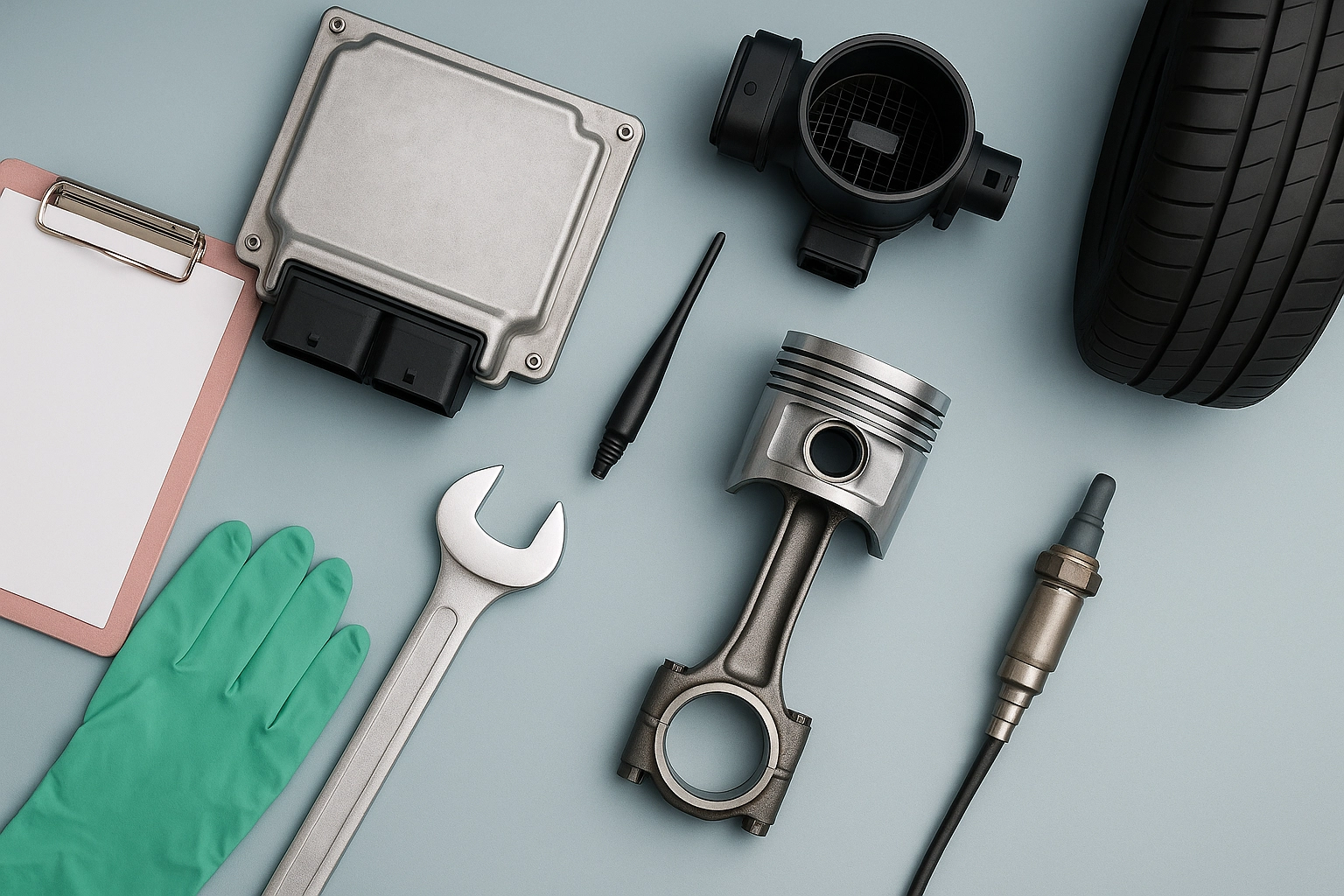SAE J1997 Engine Control Performance Validation
The SAE J1997 standard provides a framework for validating engine control performance, ensuring that modern engines operate efficiently and reliably under various conditions. This service is critical in the automotive sector as it helps manufacturers meet regulatory requirements and improve product quality.
Engine control systems are complex and involve multiple components interacting with one another to ensure optimal performance. The SAE J1997 test validates these systems by simulating real-world driving conditions, including fuel injection timing, ignition timing, and emissions control. This ensures that the engine operates efficiently while meeting strict emission standards.
One of the key aspects of this service is understanding the requirements for testing. The standard specifies a series of tests to ensure that the engine control system meets specific criteria. These include static idle test, transient response test, fuel economy test, and emissions test. Each test provides critical insights into how well the engine performs under different conditions.
For the static idle test, the engine is tested at idle speed with all accessories off to ensure that it can maintain a stable idle. For the transient response test, the system must be able to respond quickly and accurately to changes in load or throttle position. The fuel economy test measures how efficiently the engine uses fuel under various driving conditions, while the emissions test ensures that pollutants are minimized.
The SAE J1997 service is conducted using specialized equipment such as dynamometers, exhaust gas analyzers, and data logging systems. These tools provide precise measurements of engine performance parameters, allowing for accurate analysis and comparison with specified standards.
Once the tests are completed, detailed reports are generated that document all test results. These reports include graphs and tables showing how well the engine performed in each test. They also contain recommendations for any necessary adjustments to improve performance or meet regulatory requirements.
The SAE J1997 service is essential for automotive manufacturers as it helps ensure that their engines operate efficiently, reliably, and safely. By validating the engine control system according to this standard, they can be confident that their products will comply with all relevant regulations and perform well in real-world driving conditions.
For quality managers and compliance officers, understanding the importance of SAE J1997 is crucial. It allows them to oversee the testing process and ensure that engines meet all necessary standards. For R&D engineers, this service provides valuable data that can be used to improve engine design and performance. And for procurement personnel, it ensures that they are purchasing components that will work together seamlessly in the final product.
By adhering to SAE J1997 standards during development and production processes, automotive manufacturers can gain a competitive advantage by delivering high-quality products that meet or exceed customer expectations. This not only enhances brand reputation but also reduces potential recalls and warranty claims due to non-compliance issues.
Why It Matters
The SAE J1997 engine control performance validation is essential for ensuring that modern engines operate efficiently and reliably under various conditions. This service helps automotive manufacturers meet regulatory requirements, improve product quality, and enhance customer satisfaction.
Meeting stringent emission standards has become increasingly important in recent years due to growing environmental concerns worldwide. By validating the engine control system according to SAE J1997, manufacturers can ensure that their engines produce minimal pollutants while maintaining optimal performance levels. This contributes significantly towards reducing carbon footprints and promoting sustainable practices within the industry.
In addition to meeting regulatory obligations, adhering to these standards also helps automotive companies maintain a strong reputation among consumers who increasingly value eco-friendly products. A well-performing engine not only saves fuel but also extends vehicle lifespan by minimizing wear and tear on critical components like spark plugs and exhaust systems.
Furthermore, SAE J1997 testing plays an integral role in enhancing overall product quality through rigorous evaluation processes that identify potential weaknesses early on during the manufacturing cycle. Early detection of这些问题似乎没有完整提供,特别是关于表格的内容。请确认是否缺少了某些部分或者提供了不完整的信息。如果你能提供更多关于表格的具体信息(例如:表头、预期的行数据等),我会很乐意帮你完成这个HTML页面。





